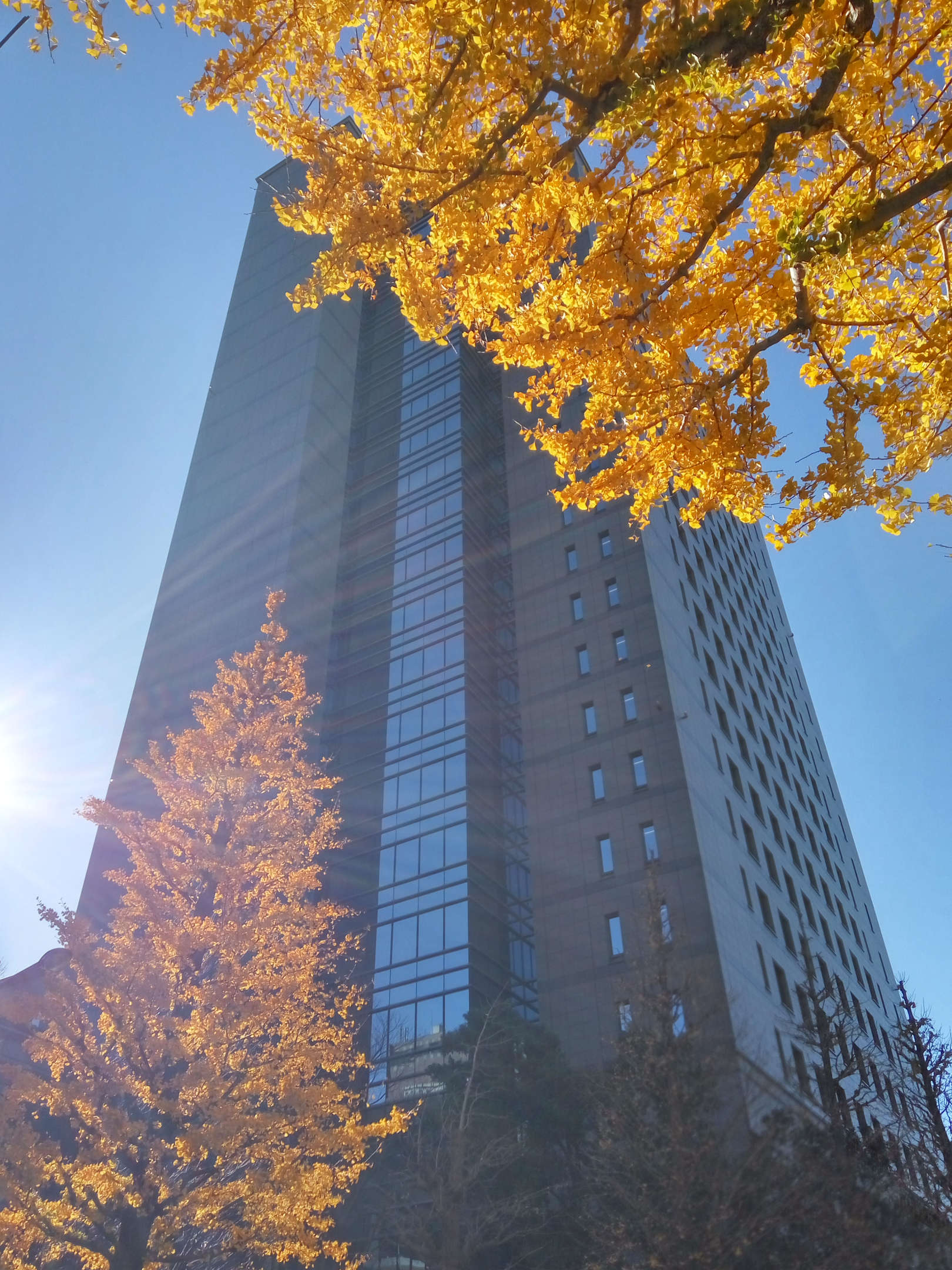Protocol between INESC TEC and National Institute of Informatics takes researchers to Japan
Following the signing of a memorandum of understanding between INESC TEC and the National Institute of Informatics (NII), in Tokyo (Japan) in 2014, five INESC TEC researchers had the opportunity to do an internship at the Japanese institution.
02nd February 2016
“The software engineering group of INESC TEC’s High Assurance Software (HASLab) have been working together for the past few years with the group led by professor Zhenjiang Hu at NII. When I visited the NII in November 2013, I suggested this protocol to the NII’s Global Liaison Office, led by professor Henri Angelino. The protocol was then signed when he visited INESC TEC in February of 2014”, explains Alcino Cunha, assistant coordinator at HASLab, professor at the University of Minho, and coordinator of this protocol.
The agreement between INESC TEC and the Japanese institute promotes the exchange of researchers and students, as the NII offers a programme that funds these exchanges. Alcino Cunha considers that the most relevant is the programme for master’s and PhD students that allows candidates to spend between two to six months at the NII.
The first researchers at INESC TEC to benefit from this programme are Eduardo Pereira and Chetak Kandaswamy, of the Centre for Telecommunications and Multimedia (CTM), José Melo, of the Centre for Robotics and Intelligent Systems (CROB), Cláudio Lourenço and Jorge Mendes, both from HASLab, and Amir Hossein Nabizadeh, of the Laboratory of Artificial Intelligence and Decision Support (LIAAD).
The researchers can apply twice a year (generally in May and October) to benefit from the internships offered by the programme.
The programme also funds visits of senior researchers, namely professors; however, the calls for this programme are not public, but available only by direct invitation from NII professors, usually following joint research projects.
The INESC TEC researchers mentioned in this news piece are associated with INESC TEC, UMinho and UP-FEUP.
Photo credits: Jorge Mendes and Cláudio Lourenço (HASLab)
INESC TEC, January 2016


